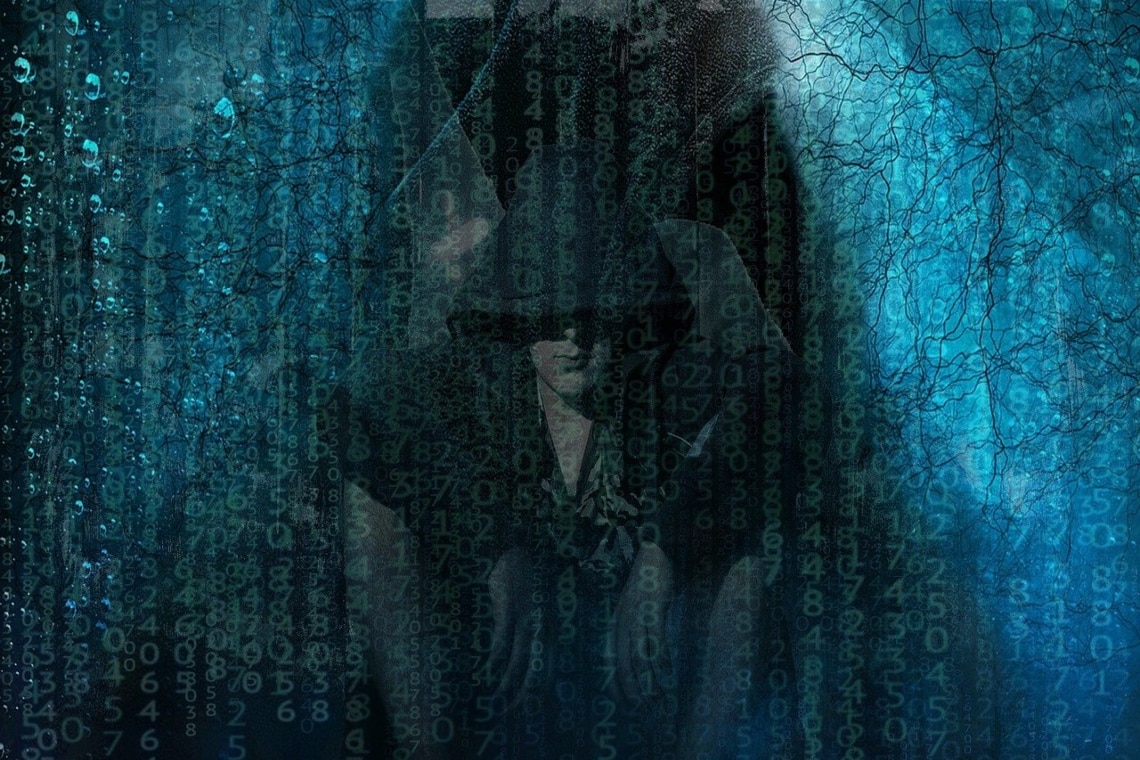In a troubling revelation, a Singapore-based cybersecurity firm, Group-IB, reported that more than 100,000 login credentials to ChatGPT, the popular AI chatbot, have been leaked and traded on the dark web.
These compromised accounts pose a significant risk as they allow attackers to access confidential information about companies and individuals.
This article delves into the details of the breach, the regions most affected, potential implications for businesses and individuals, and recommended security measures.
Summary
The scope of the ChatGPT AI login breach
Group-IB’s recent blog post revealed the staggering number of compromised ChatGPT login credentials that were traded on dark web marketplaces between June 2022 and May 2023.
Threat intelligence manager Dmitry Shestakov confirmed that the analysis conducted by Group-IB involved examining logs of infected devices, with each log containing at least one combination of login credentials and passwords for ChatGPT.
In May 2023 alone, nearly 27,000 ChatGPT-related credentials were made available in online black markets.
The Asia-Pacific region accounted for the largest number of compromised ChatGPT logins, accounting for about 40% of the total figure.
Among the most affected countries, India ranked first with more than 12,500 compromised accesses, followed by the United States with nearly 3,000 accesses.
France ranked seventh overall, but emerged as the leading European country in terms of compromised accesses.
OpenAI’s authentication methods and responsibilities
ChatGPT accounts can be created directly through OpenAI or by using Google, Microsoft, or Apple accounts for login and access.
Although the research conducted by Group-IB did not analyze registration methods, Shestakov suggested that accounts using a “direct authentication method” were targeted in particular.
It is important to note that OpenAI is not responsible for the compromised logins. Group-IB clarified that the identified logs containing saved ChatGPT credentials were not the result of any weakness in ChatGPT’s infrastructure.
The Group-IB blog post highlighted an alarming trend: an increasing number of employees are using ChatGPT for business purposes.
This raises concerns about the exposure of confidential business information, since user queries and chat history are stored by default. Unauthorized access to such information can be exploited by cybercriminals to launch attacks against companies or individual employees.
The cybersecurity firm pointed out that cybercriminals have infected “thousands of devices of individual users around the world” to steal the compromised information.
Shestakov stressed the importance of regularly updating software and implementing two-factor authentication as crucial security measures to prevent such breaches.
Interestingly, Group-IB revealed that the press release announcing the breach was written with the assistance of ChatGPT itself.
This highlights the effectiveness and capabilities of the AI chatbot, including in helping to generate content.
However, it also serves as a reminder that cybersecurity measures should be strengthened to protect sensitive information and prevent unauthorized access to AI systems.
Conclusions
The leak of more than 100,000 ChatGPT login credentials on the dark web is a serious cybersecurity incident. The compromised accounts pose a significant risk to the privacy of companies and individuals.
Group-IB research indicates that the increased use of ChatGPT by employees for business purposes raises concerns about the exposure of sensitive information. To mitigate these risks, it is critical to regularly update software, implement two-factor authentication, and remain vigilant against potential cyber threats.
The breach serves as a reminder of the ever-present need to prioritize cybersecurity measures to safeguard valuable information in an increasingly dangerous environment.




